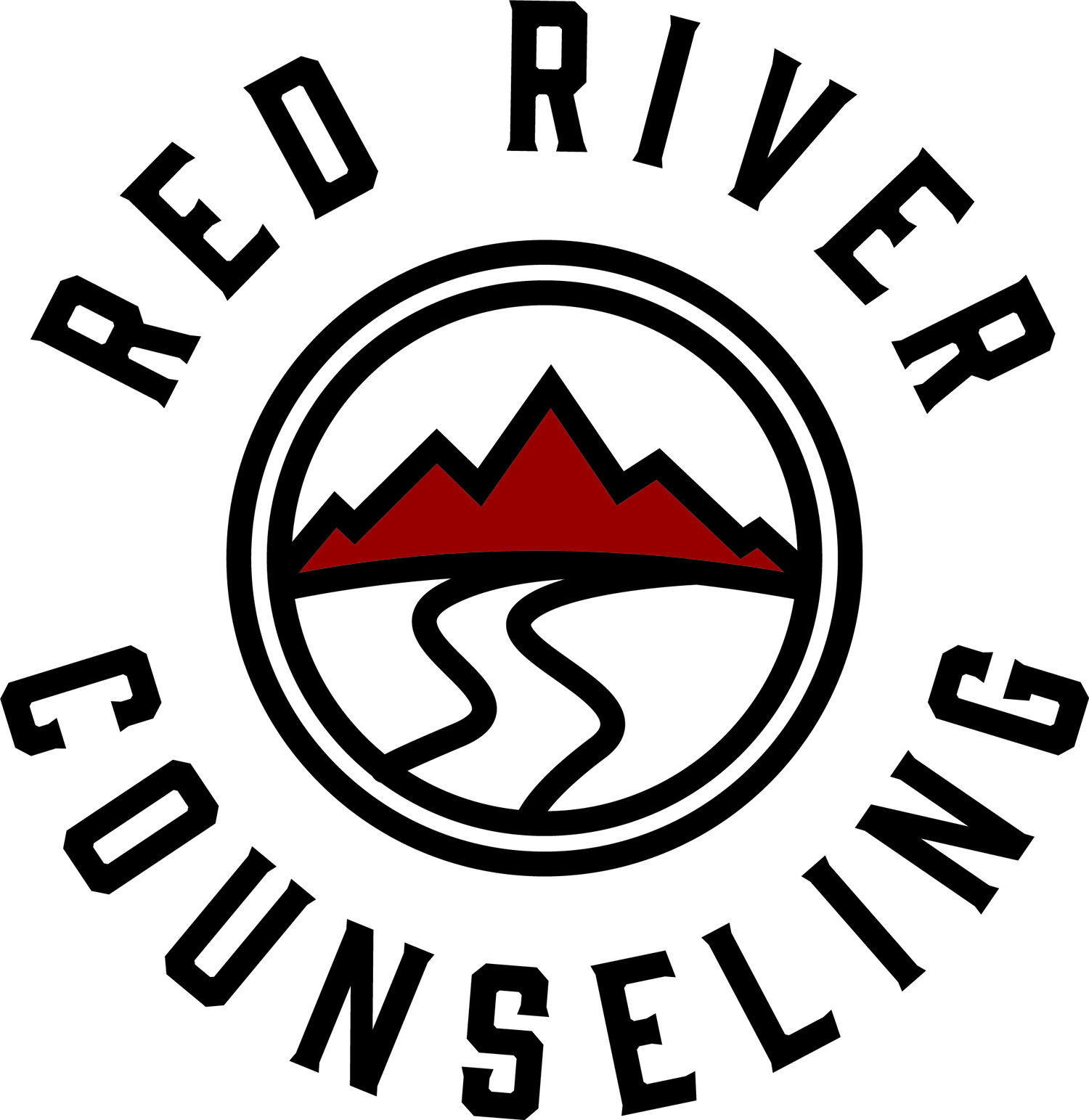How do I choose a Counselor?
All counselors are not equally helpful, and in fact, some can even be harmful. Here is an article discussing signs of an unhelpful counselor. Although there is nothing that could fully guide you through the process of choosing the most helpful counselor, I would like to offer you what I have found to be sound advice in regards to narrowing down who you seek out.
Reputation – The best counselors do their marketing by doing good work. Ask around and find out who is held in high regard by those you trust. What kind of successes do their clients have? Some counselors gain acclaim by telling people what they want to hear, rather than what they need to hear. Ask people how the counselor handled discussing hard truths with them.
Training – Most counselors have similar training in the basic areas of counseling. Many go on to get further education and training in specialty areas. Depending on what area of life you are seeking help, find out what specialized trainings are offered for that area and then search for counselors who hold that training. Be wary of those who call themselves counselors but have not put in the work to attain trainings, degrees and licenses.
Timeliness – How well do they respect your time? Does it take them days or weeks to reply to your phone calls and emails? Are they on time for your appointment? You are essentially paying them for their time, therefore, it is extremely important that they respect your time.
Faith – For some folks, having a therapist who holds their same faith is essential. However, just because they call themselves a ‘Christian’ therapist, does not mean that they are an effective or competent counselor. On the other hand, just because they are a well-trained therapist does not mean they will necessarily respect your faith. Finding someone who is both competent and aligned with your faith is difficult, but is well worth the effort it takes to find them. Basically, you don’t want someone who water downs either the skills needed to do helpful therapy or the aspects of faith you hold in high regard.
Experience – Yes, years sitting in the counselor’s chair is extremely important, but don’t overvalue it. Just because someone has held a job as a counselor does not necessarily mean they are an effective one. What is the person’s experience in relationships with others? This goes back to the question of reputation. Besides a license in counseling, what is their experience in being a help to others?
Logistics – Your time, energy and money are extremely valuable. Check around to see who fits your budget, both in terms of time and money. At the same time, you usually get what you pay for. Plan on going to at least one session a week to start, spacing out any more than that makes it difficult to get the kind of results you probably desire. Call their office ahead of time to find out what time slots they have open, their costs, if they are in your insurance network, and the above points. Check out their website as well, where you should be able to find most of this information.
Intuition - As ‘therapisty’ as it may sound, go with your gut. When you look at their profile online you will get a decent sense of whether they would fit what you’re looking for. Often times youwill narrow it down to a few counselors who seem like they would be a good fit, so from there let your intuition guide you.
Finally, I would encourage you to be a good client. What I mean by that is go into counseling expecting to work. The most effective counseling I get to do is with those who are willing to do whatever it takes to attain the change they desire.

